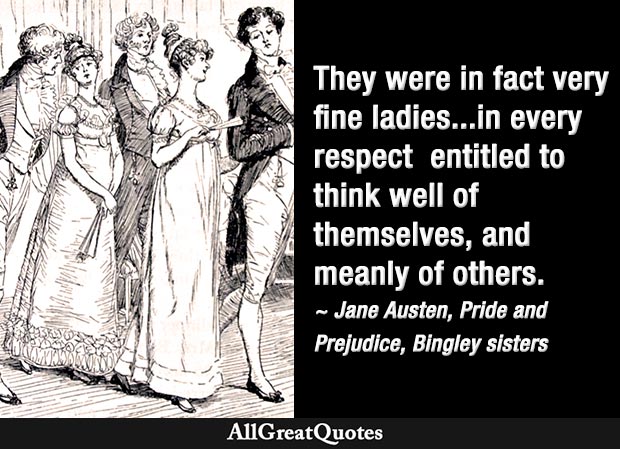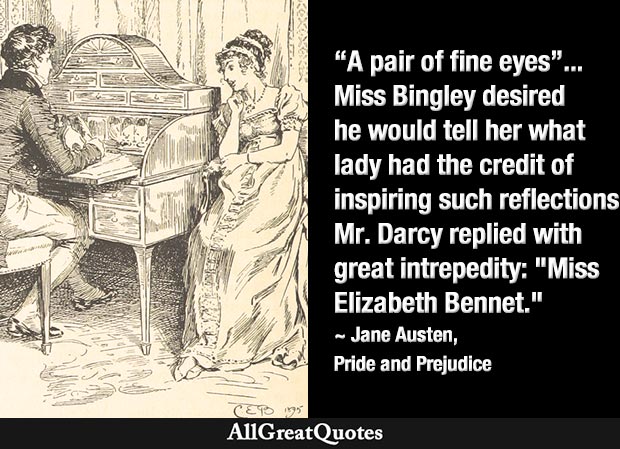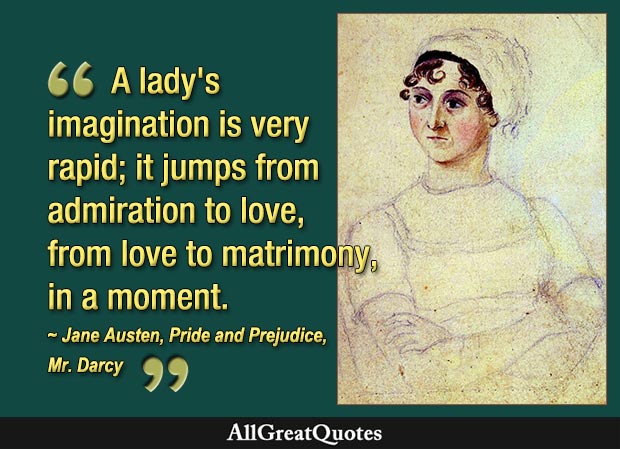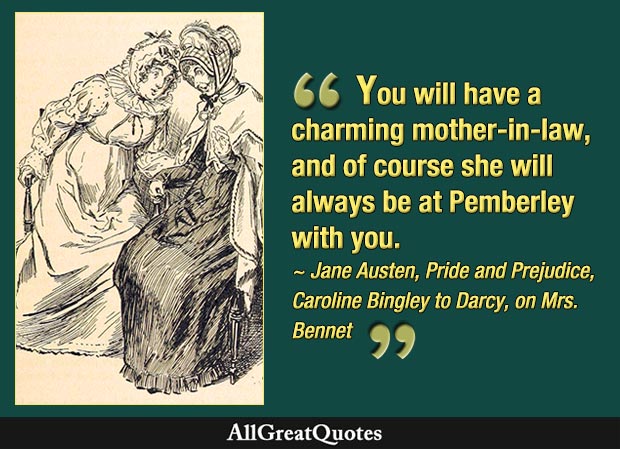"Oh! you are a great deal too apt, you know, to like people in general. You never see a fault in anybody. All the world are good and agreeable in your eyes. I never heard you speak ill of a human being in your life."
"I would not wish to be hasty in censuring anyone; but I always speak what I think."
"I know you do; and it is that which makes the wonder. With your good sense, to be so honestly blind to the follies and nonsense of others! Affectation of candour is common enough – one meets with it everywhere. But to be candid without ostentation or design – to take the good of everybody’s character and make it still better, and say nothing of the bad – belongs to you alone. And so you like this man’s sisters, too, do you? Their manners are not equal to his."
– Jane Austen




